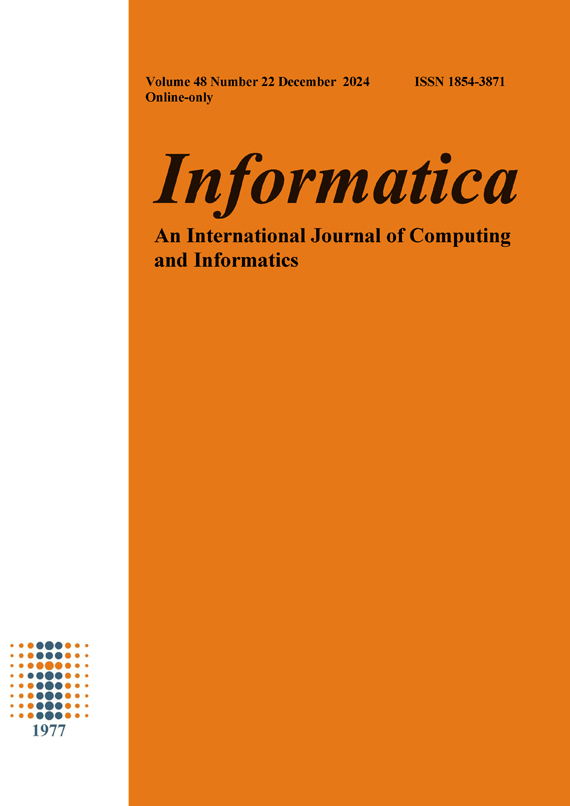Ship Navigation Control Strategy in Curved River Sections Based on Deep Learning
DOI:
https://doi.org/10.31449/inf.v48i22.6909Abstract
Curved river sections have complex water flow characteristics and difficulties in maneuvering ships through bends, which pose significant challenges to path planning and ship navigation control. The current path research algorithms still have limitations in dealing with curved and complex waterways. In view of this, this study proposes a convolutional neural network control model based on hybrid controllers and proximal strategy optimization for path planning of ships in curved river sections. The results showed that when the research model reached 200 iterations in the simulated curved river section, the average reward value was 0.0323, which was 19.36% higher than the average reward value of other algorithms. The average instantaneous reward of the research model in path planning was 7.95, which was 3.69 and 1.58 higher than the proximal policy optimization model and the convolutional neural network model based on proximal policy optimization, respectively. The success rate of path planning in complex curved river sections was 82%, significantly higher than the other two algorithms, verifying its effectiveness and superiority in complex path planning tasks. Therefore, this study contributes to improving the safety, efficiency, and economic benefits of ship navigation, and promoting the intelligent and automated growth of the shipping industry.
Downloads
Published
Issue
Section
License
I assign to Informatica, An International Journal of Computing and Informatics ("Journal") the copyright in the manuscript identified above and any additional material (figures, tables, illustrations, software or other information intended for publication) submitted as part of or as a supplement to the manuscript ("Paper") in all forms and media throughout the world, in all languages, for the full term of copyright, effective when and if the article is accepted for publication. This transfer includes the right to reproduce and/or to distribute the Paper to other journals or digital libraries in electronic and online forms and systems.
I understand that I retain the rights to use the pre-prints, off-prints, accepted manuscript and published journal Paper for personal use, scholarly purposes and internal institutional use.
In certain cases, I can ask for retaining the publishing rights of the Paper. The Journal can permit or deny the request for publishing rights, to which I fully agree.
I declare that the submitted Paper is original, has been written by the stated authors and has not been published elsewhere nor is currently being considered for publication by any other journal and will not be submitted for such review while under review by this Journal. The Paper contains no material that violates proprietary rights of any other person or entity. I have obtained written permission from copyright owners for any excerpts from copyrighted works that are included and have credited the sources in my article. I have informed the co-author(s) of the terms of this publishing agreement.
Copyright © Slovenian Society Informatika








